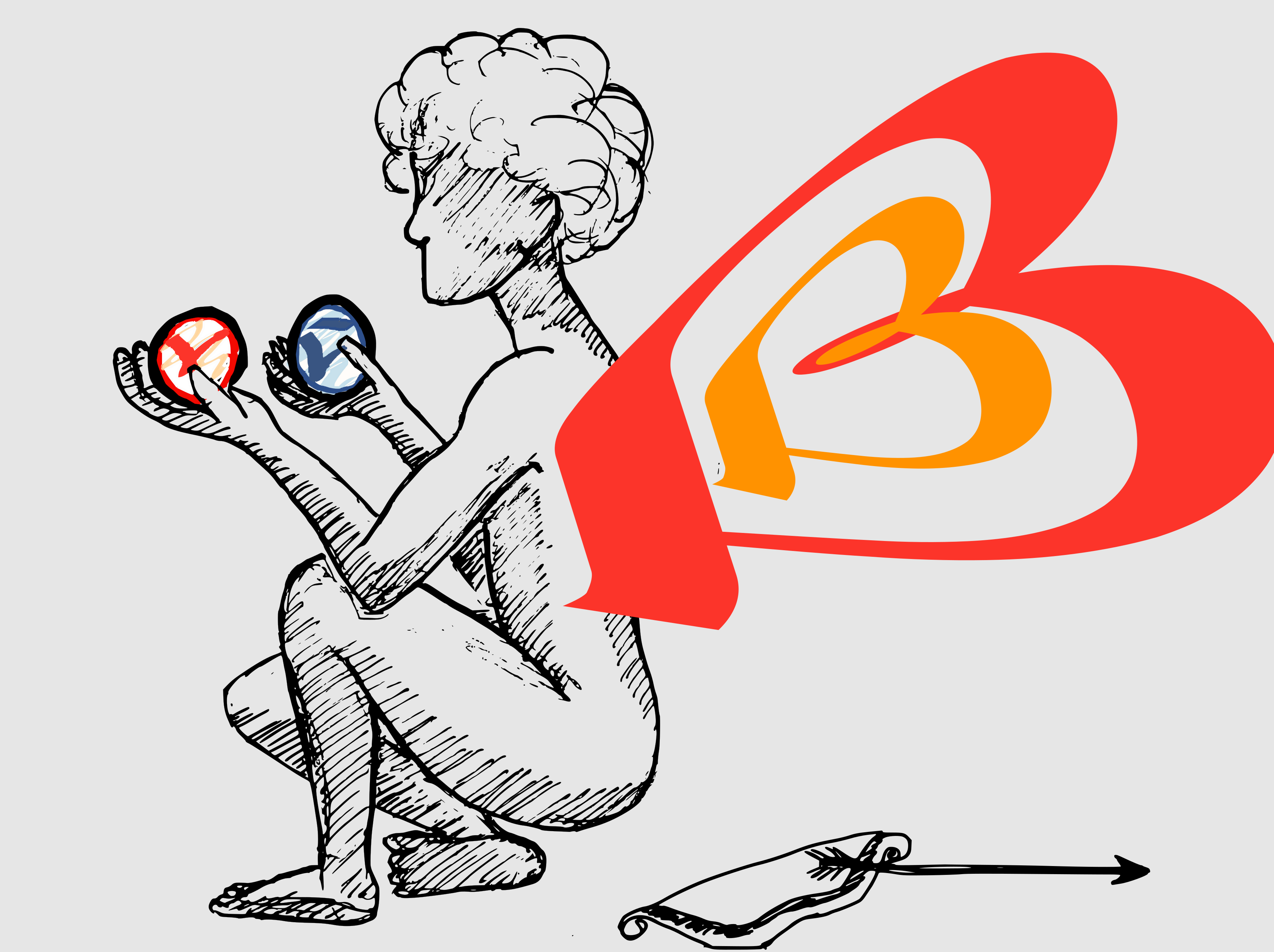Post-doctoral researcher in cryogenic detectors development for Astroparticle applications at IJCLab
Deadline: 04-April-2023
The post-doctoral researcher will be part of the ASSD (Astroparticle Solid State Detectors) team and will be in charge of the development and operation of research related to the detectors of the EDELWEISS-subGeV experiment within IJCLab. He will work under the supervision of Stefanos Marnieros within the framework of the ANR-CRYOSEL project aimed at the development of innovative Germanium cryogenic detectors. The objective of the CRYOSEL project is the development of a new type of charge sensor, capable of reaching the ultimate threshold of single electron-hole pair in Ge (about 1 eV) while rejecting almost all of the background noise observed at low energy. The post-doctoral researcher will carry out experimental work on the calibration of many prototype detectors as well as extended modeling in order to develop and achieve an optimal design solution.
More info: https://emploi.cnrs.fr/Offres/CDD/UMR9012-AMAMOL-001/Default.aspx?lang=EN
Postdoctoral position at Northwestern University
Deadline: 01-September-2023
POSTDOCTORAL RESEARCHER
Located at Northwestern University, to join the group of Professor Enectali Figueroa-Feliciano. Two positions are available. The successful applicant will play a leading role in either the SuperCDMS or Ricochet/CUPID programs, while also working on our R&D projects at Fermilab.
The Figueroa Group is currently involved in several projects involving cryogenic detectors in particle physics:
- Ricochet is an experiment to study neutrinos through the Coherent Elastic Neutrino-Nucleus Scattering process. Ricochet will place a cryogenic array of detectors 8.8 meters from the 58 MW ILL nuclear reactor core in Grenoble, France. Northwestern is leading the development of Transition-Edge-Sensos (TES) for the QArray, a US contribution to the Ricochet payload using superconducting targets and a new TES sensor architecture.
- CUPID is an experiment that will be deployed in Gran Sasso, Italy. It will use scintillating bolometers to look for neutrinoless double-beta decay. We will be testing CUPID towers in the NEXUS facility (see below) and are developing TES-based detectors for a future CUPID 1-Ton experiment.
- The SuperCDMS (cryogenic dark matter search) experiment is building a second-generation experiment to search for dark matter particles with masses below 5 GeV. SuperCDMS SNOLAB will use new germanium and silicon detectors with unprecedented sensitivity to low-mass DM. Our group is focused on new detector development, the calibration of Si and Ge detectors using neutron beams, understanding detector behavior and backgrounds, and in commissioning and operating the cryogenic systems for the experiment.
- Particle R&D at Fermilab: Our group, in collaboration with Fermilab, operates the Northwestern EXperimental Underground Site (NEXUS) 100 meters underground in Fermilab’s MINOS tunnel. We are pursuing a variety of new R&D directions at this facility, including next-generation single-electron-hole-pair searching for dark matter, TES designs for the Ricochet and CUPID neutrino experiments, and active veto designs for rare event searches.
REQUIREMENTS: A Ph.D. in physics. Candidates’ background should be in experimental nuclear or particle physics, or experimental condensed matter physics. Applications will be evaluated on a rolling basis until the position is filled.
More info: https://inspirehep.net/jobs/2645359
Ph.D. at Gran Sasso Science Institute
Deadline: 30-May-2023
The Physics Division of the GSSI – Gran Sasso Science Institute
(www.gssi.it, L’Aquila, Italy)
offers the opportunity for 10 students to pursue a Ph.D. in
Astroparticle Physics, starting in the Academic Year 2023/2024.
The research lines at GSSI include both experimental and theoretical
projects on:
underground rare event searches, high energy cosmic radiations,
gravitational waves, multimessenger astrophysics and neutrino physics,
in close collaboration with the nearby INFN Gran Sasso Laboratory.
The official language for all Ph.D. courses is English and the duration
is 4 years.
The yearly gross amount of each fellowship is 16.243,00 EUROs, in
addition to which accommodation contribution,
health insurance, free luncheon vouchers and laptop contribution are
also foreseen.
The applications must be submitted by May 30, 2023 at 3 pm (Central
Europe Time)
through the online form available at the following link
http://www.gssi.it/phd/,
where also the actual call (both in Italian and English) can be found.
Further details can be found also on inspire at this link
https://inspirehep.net/jobs/2645098
